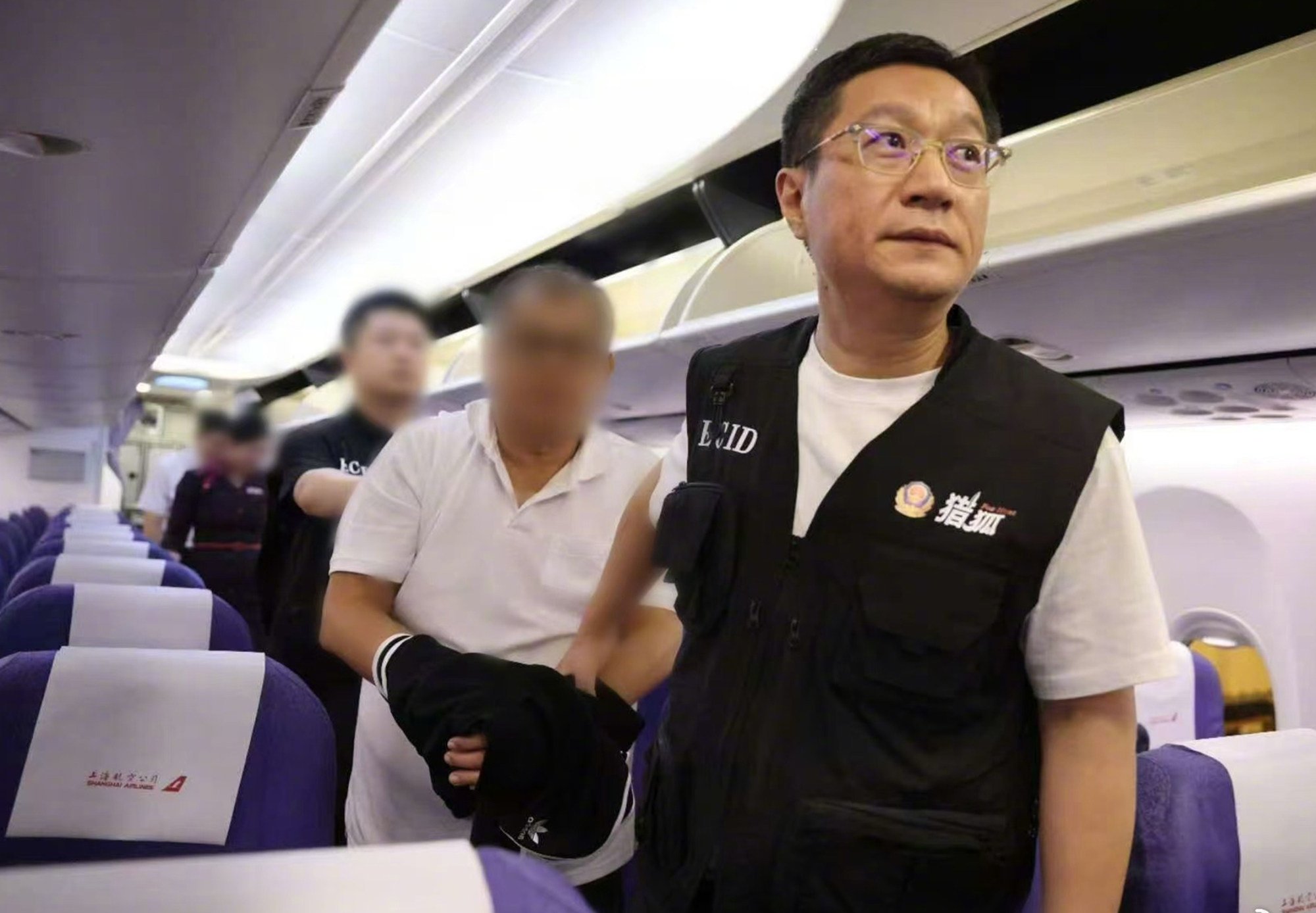US$900 million seized as China helps Malaysia dismantle Tedy Teow’s scam empire
MBI Group’s Malaysian founder has been called ‘Jho Lo 2’ because of the sheer scale of his operation

Chinese and Malaysian police have seized over 3.8 billion ringgit (US$900 million) of assets – including yachts and property – from a syndicate alleged to have duped millions of people throughout the Asia-Pacific with promises of high-return investments.
The Ponzi scheme, which operated mainly in Penang state, is believed to be linked to the MBI Group, started by Malaysian Tedy Teow Wooi Huat, who was extradited to China last year after hiding in Thailand.
Seventeen people were arrested last month under Ops Northern Star. One of them was a major property developer who allegedly helped launder money for MBI through a web of businesses.
“We conducted the investigation with some intelligence assistance from China,” the police’s Commercial Crime Investigation Department Acting Director Muhammed Hasbullah Ali told This Week in Asia on Wednesday.
No criminal charges had yet been brought as the matter was still being investigated, a police source said.

Founded in 2009, MBI presented itself as a luxury property firm before introducing a pyramid scheme centred around a digital currency dubbed “M-Coin”. From Malaysia, the scam expanded to China, Japan and New Zealand.
Oh Ei Sun, Senior Fellow at the Singapore Institute of International Affairs, said that the scope of the scam was “so huge” that it forced a collaboration between Malaysia and China.
“Hopefully this will set a precedent for closer bilateral collaboration in tackling cross-border crimes,” he said.
Police have seized assets including four luxury yachts worth 36 million ringgit and over 475 real estate plots valued at 150 million ringgit. They also froze 37 bank accounts holding nearly 330 million ringgit.
Large-scale fraud
The scale of the fraud “represents a substantial distortion of financial markets in Penang and potentially broader Malaysian and Southeast Asian economies”, said Liew Chee Yoong, a finance professor at UCSI University Malaysia.
“Such a large-scale misappropriation of funds illustrates how informal financial networks and unregulated schemes can accumulate systemic risk.”
The scale and elaborate nature of MBI’s scamming has earned Teow the nickname of “Jho Low 2” – after Low Taek Jho, the alleged mastermind behind the multibillion-dollar 1Malaysia Development Bhd scandal.
Teow eventually found his way onto Interpol’s global wanted list in 2020 after China’s southwest city of Chongqing launched an investigation into his operations.
He escaped to Thailand in 2021 after Malaysian police accused him of defrauding over 1,500 people of more than 580 million ringgit. Thai police arrested Teow a year later and handed him over to China under an extradition treaty to tackle financial crimes.
Chinese authorities have accused the pudgy 58-year-old, who is believed to have also gone by the name Zhang Yufa, of stealing over 100 billion yuan (US$14 billion) from more than 10 million investors since 2012.
Victims said MBI agents won them over with slick presentations and “free holidays” that gave the veneer of a legitimate conglomerate with interests in high-end residential and retail spaces across Malaysia and Danok in neighbouring Thailand.
The company even expanded its investment offerings to include cryptocurrency for use at MBI-linked establishments such as the now-defunct M Mall in Penang, despite being fined a total of 12.5 million ringgit by Malaysia’s central bank for selling the scheme without a license.
Liew said the scheme was quick to capitalise on a gap in the market, with its promises of fantastically high returns on investments proving too tempting to those in the middle to lower income brackets.
“The popularity of schemes like MBI reveals a significant unmet demand for financial products offering high returns, trust and accessibility. These are gaps that formal financial institutions may be failing to address.”